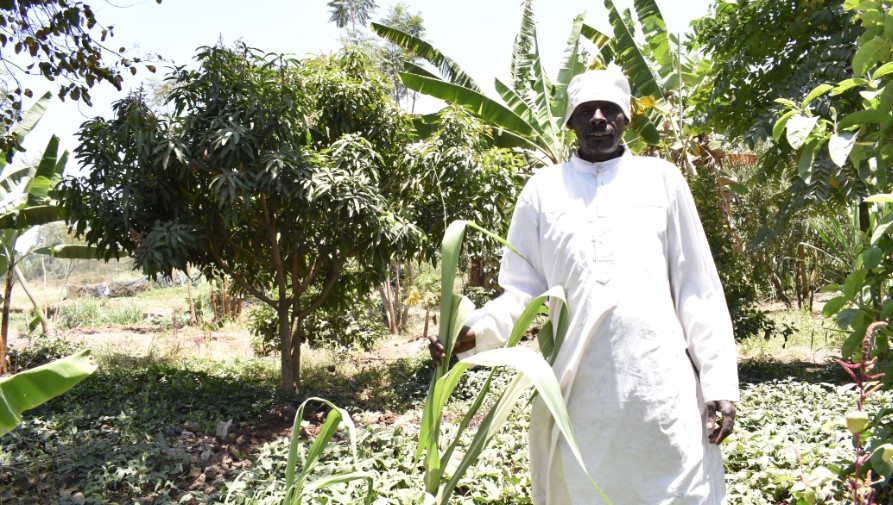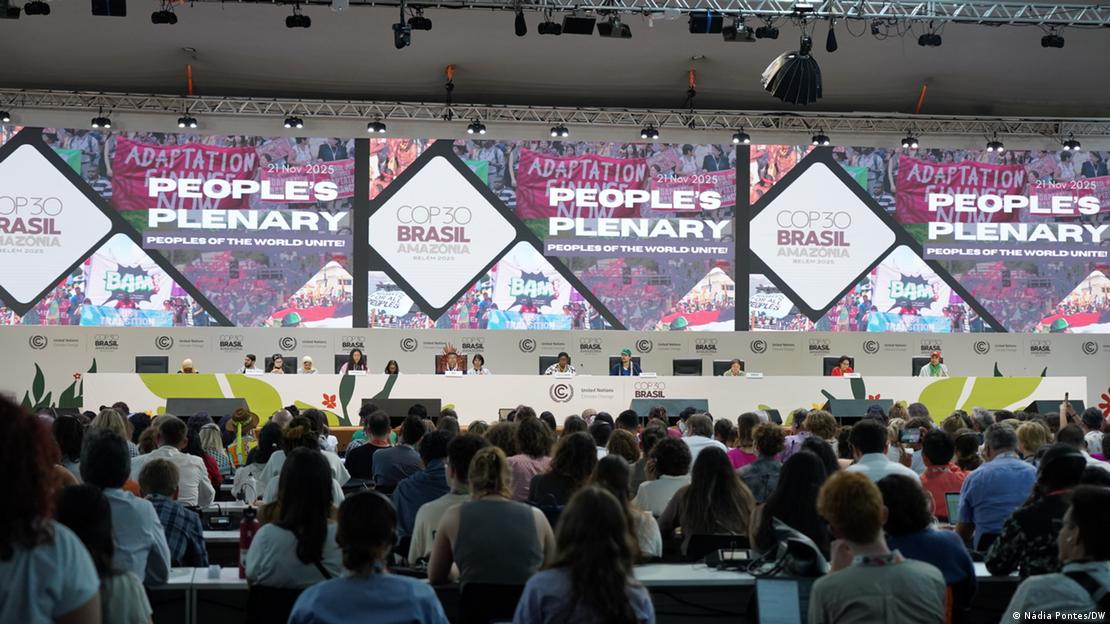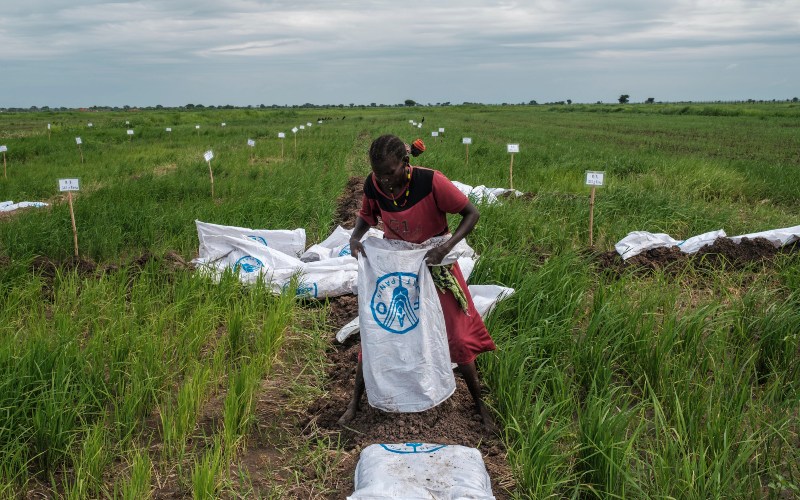Moses Kivevu: Farming hero feeding Kiambiu slum against all odds

For the residents of Kiambiu, Kivevu's farm has become a vital source of nourishment and a symbol of what urban agriculture can achieve in difficult conditions.
Moses Kivevu, a 54-year-old man originally from Machakos, has become a key source of food for residents of Kiambiu slum in Nairobi’s Kamukunji Constituency.
Since 2010, he has cultivated a quarter-acre piece of land along the banks of the Nairobi River, growing a wide variety of crops which he shares freely with local residents.
More To Read
- Tear gas, running battles rock Kariobangi North as rival groups clash during Gachagua church visit
- Over 400 young entrepreneurs in Kamukunji get Nyota support to grow businesses
- High-rise living in Nairobi’s Pipeline estate is stressful: How men and women cope
- Riparian corridor residents renew commitment to Nairobi River regeneration
- Nairobi, Kiambu lead Kenya’s insurance uptake as rural counties lag
- Governor Sakaja says Sh180 billion needed to clean Nairobi's main rivers
When Kivevu arrived in Nairobi, he discovered an overgrown, unused area near the river. He cleared the bush and began farming, believing that his work was a calling.
Initially, his activities led to frequent clashes with officers from the nearby military airbase. He was arrested multiple times, but was always released. According to Kivevu, he posed no threat and only wanted to grow food.
“They have arrested me several times, but every time they released me because I was of no harm,” he said.
To sustain his crops, Kivevu dug several wells for irrigation. He has never used water from the nearby Nairobi River, relying instead on rainwater and water from the wells.
“I have never used water from this nearby Nairobi River. Rainwater and that from the wells is enough,” Moses said.
The produce from his farm includes maize, cassava, mangoes, sweet potatoes, bananas, and sugarcane. None of it is sold. Instead, Kivevu shares the food with his friends, neighbours, and other residents of Kiambiu slum. He also depends on the farm for his own food.
Kivevu has also established a church in the area, where he serves as the pastor. His followers receive not only spiritual guidance but also food from his farm.
He has never married and lives a celibate life, explaining that marriage and family were not part of his mission. His focus remains on farming and supporting the community.
Residents of Kiambiu, many of whom face food insecurity, say that Kivevu’s contributions have made a difference.
Felistus Odongo, a mother of three, is one of the beneficiaries. She says that the food from Kivevu’s farm has helped her and her children survive difficult times.
“He helps us a lot. His farm is God-sent because the food we get from it helps in so many ways,” said Odongo.
Cassava and sweet potatoes are among the most popular crops on the farm. They grow quickly and are large enough to feed many people.
Kivevu believes Nairobi has the potential to feed its urban poor through small-scale farming, arguing that farming is a solution to poverty and food shortages, especially in informal settlements like Kiambiu.
Despite his success, Kivevu faces many challenges.
During the rainy season, the Nairobi River sometimes overflows and floods his farm, causing significant losses. In addition, he frequently deals with theft.
Thieves target his crops, especially around harvest time, making it difficult for him to protect the produce.
“Those thieves make my life hard. I cannot sleep well, especially when harvesting nears, as thieves come to steal very late in the night,” he said.
Even with these setbacks, Kivevu remains committed. He believes that with more consistent rainfall or improved access to water, he could grow enough food to feed the entire Kiambiu slum.
Kivevu continues to plant, water, and harvest. For the residents of Kiambiu, his farm has become a vital source of nourishment and a symbol of what urban agriculture can achieve in difficult conditions.
Top Stories Today













































